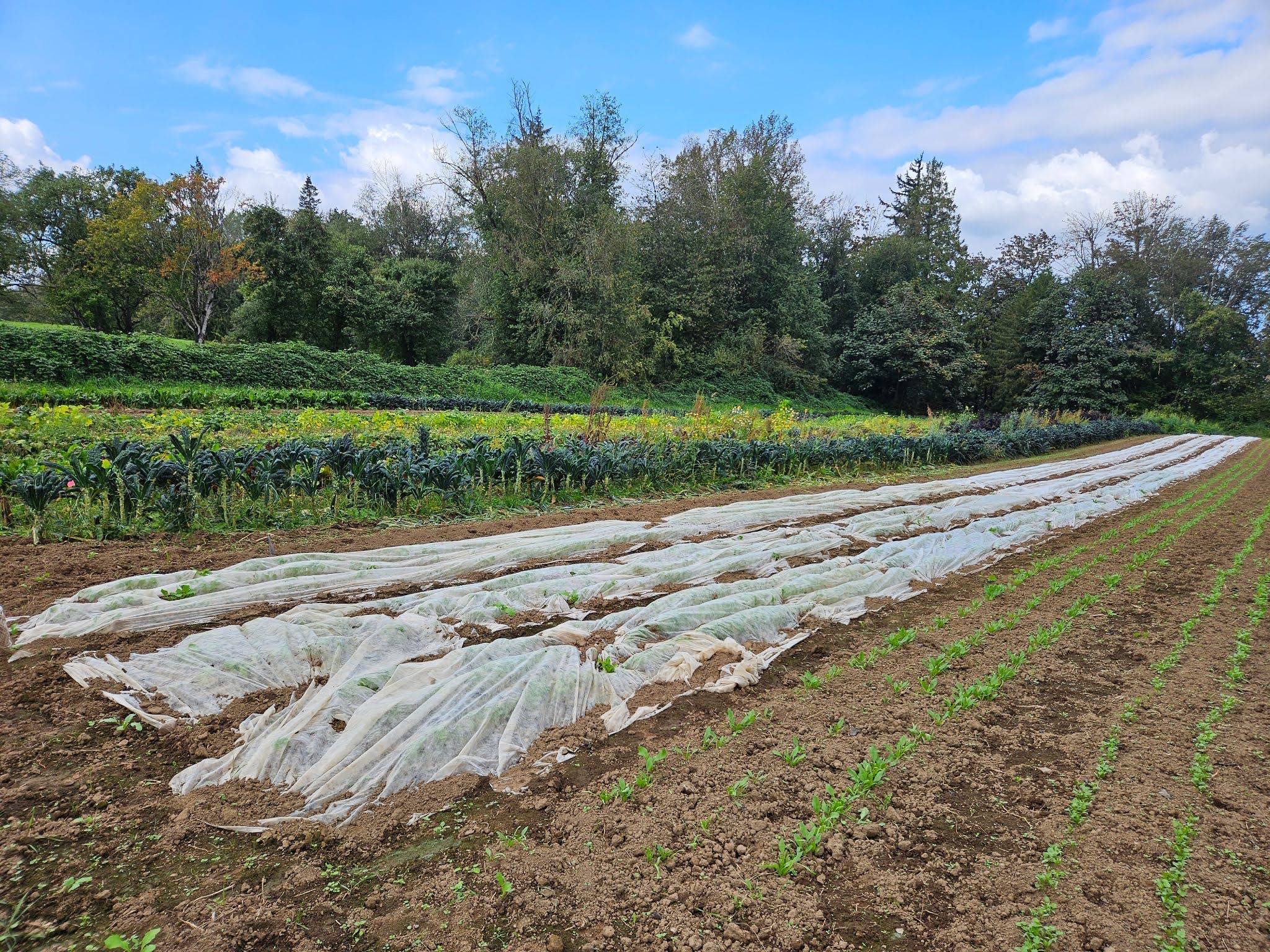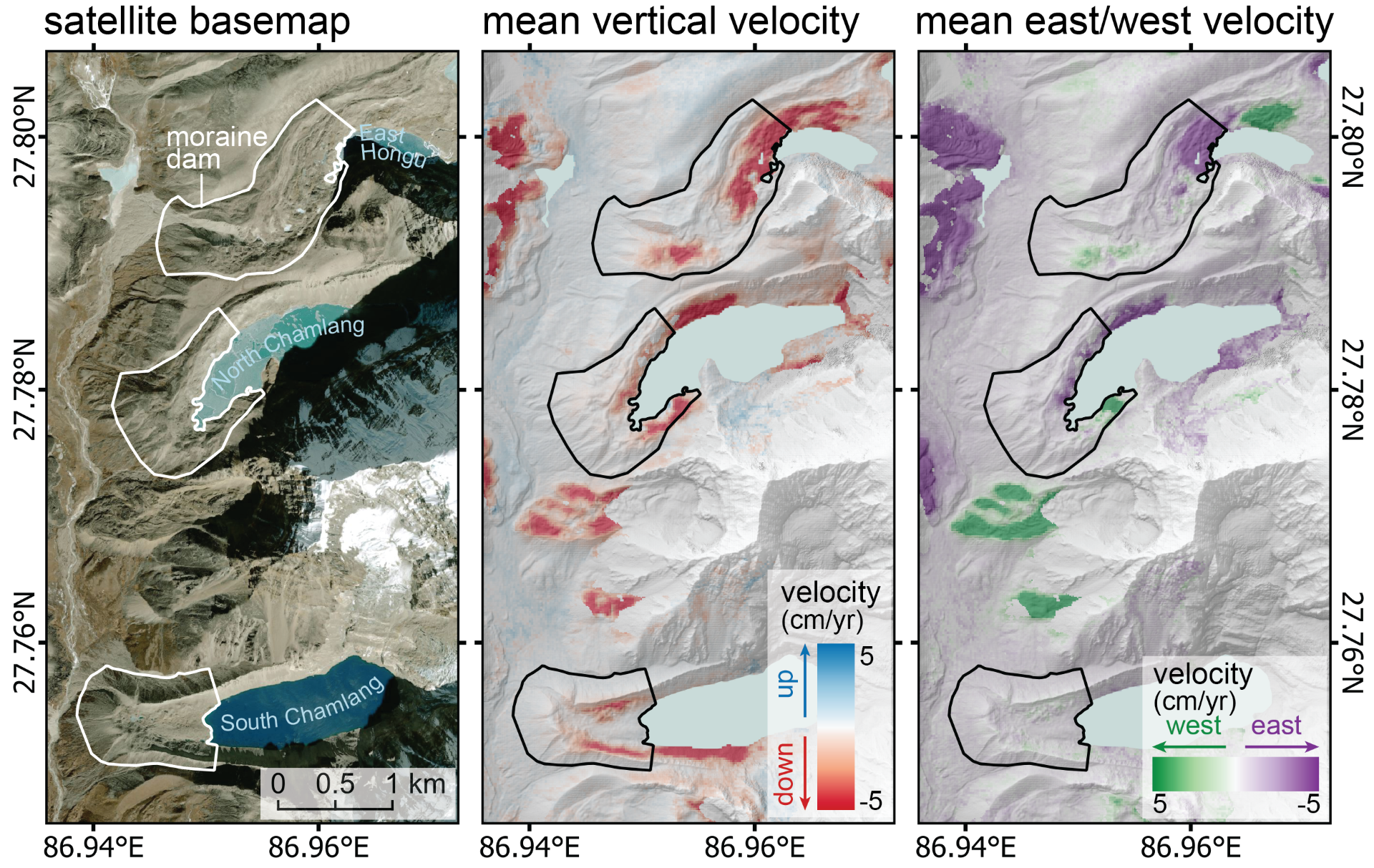Category: Incubator Project
-
Automated assessment of butterfly thermoregulatory traits from specimen images

Project Lead: Laura Buckley, UW Biology Data Science Lead: Vaughn Iverson Heterogenous responses to climate change highlight the need to identify the underlying organismal mechanisms. Insects offer an excellent system for investigating mechanisms of climate change responses due to their high sensitivity to environmental conditions and extensive historical records. Dramatic recent declines in insect populations, including of…
-
Quantitative HIV Viral Load Monitoring Via Fluorescent Image Analysis

Project Lead: Coleman Martin, UW Chemical Engineering Data Science Lead: Noah Benson In 2014, the United Nations set a goal to end the HIV/AIDs endemic by 2030, aiming for 90% of people living with HIV know their HIV status, be on retroviral treatment, and be virally suppressed. As of 2019, the most recent data, the United Nations…
-
Challenges to Climate Adaptation Among Organic Farmers in the U.S.

Project Lead: Masha Vernik, UW Environmental and Forest Sciences Data Science Lead: Curtis Atkisson Description: As seasons become less predictable and extreme weather events become more intense and frequent, farmers learn to adapt. Adaptation can mean anything from building new infrastructure that’s out of a flood zone to installing improved irrigation lines; it can mean shifting crop…
-
Updating Open-Source Verbal Autopsy Software to Modern Python Standards

Project Lead: Abraham D. Flaxman, UW Global Health Data Science Lead: Bryna Hazelton, Naomi Alterman The purpose of this project was to modernize SmartVA-Analyze, an existing open-source verbal autopsy (VA) software, by transitioning its codebase from Python 2 to Python 3. Verbal autopsy is a crucial tool for estimating the causes of death in settings where…
-
Assessing Influences of Wildfires on Park Visitation Patterns Using Gravity

Project Lead: Nino Migineishvili, UW Computer Science and Engineering Data Science Lead: Spencer Wood Wildfires have been growing in size, duration, and destructivity, resulting in more decisive calls to improve forest health and protect communities. Wildfire fuel treatments – which involve reducing or removing vegetation from fire-prone areas – are one strategy for reducing wildfire risk. Where…
-
Polygenic and Contextual Determinants of Alzheimer’s Disease and Related Dementias

Project Lead: Diane Xue, Institute for Public Health Genetics Data Science Lead: Bryna Hazelton One in three people over the age of 65 dies with dementia. The most common cause of dementia is Alzheimer’s disease (AD), a progressive neurodegenerative disorder influenced by genetic and environmental factors. Dozens of genetic loci have been linked to AD and related…
-
Illuminating the role of cold-pools in structuring shallow convection

Project Lead: Hauke Schulz, Cooperative Institute for Climate, Ocean, and Ecosystem Studies (CICOES) Data Science Lead: Bernease Herman Shallow convection, like the stratocumulus decks off the Washington coast, is responsible for a large portion of the uncertainty in climate projections, thus a better understanding of their processes is crucial. Advances in computational resources allow for ever increasing…
-
What do the leaders say? Analysis of the United Nations General Debate Corpus

Project Lead: Jihyeon Bae, Ph.D. Candidate, Political Science Data Science Lead: Valentina Staneva Every year, more than 200 state representatives open the United Nations General Assembly meeting with statements during the General Debate (UNGD). The UNGD speech floor provides a rare opportunity for all states to equally have their voices heard by a wide range of audiences.…
-
Investigating germline genetic influence on somatic immune traits in non-cancerous tissues

Project Lead: Tabitha Harrison, UW Epidemiology Faculty Advisor: Sara Lindström, Epidemiology Data Science Lead: Vaughn Iverson Cancer is a significant health burden in the US, causing substantial morbidity and mortality. This research project builds on past studies demonstrating that inherited genetic variants can influence how our immune system affects cancer risk and survival. While prior work has linked…
-
Characterizing glacial lake outburst flood hazard at a regional scale using fused InSAR-speckle tracking surface displacement time series

Project Lead: George Brencher, UW Civil & Environmental Engineering Data Science Lead: Scott Henderson Glacial lakes are distributed in alpine terrain worldwide and are frequently dammed by unstable glacial moraines. These moraine dams can fail, causing lakes to rapidly drain and flood downstream valleys. Glacial lake outburst floods (GLOFs) are a significant hazard for high-elevation infrastructure and…
